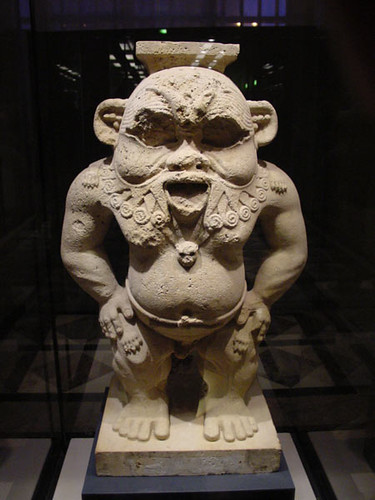Descended from ancient Central Saharan people, the Mandé are an identifiable language family, with associated peoples spread throughout West Africa. They are known as having been early producers of woven textiles (by a process known as strip-weaving). The Mandé founded the Ghana and Mali empires, and led the expansion of the Songhai Empire across West Africa.
Archaeological evidence supports that they were early producers of stone settlement civilizations. These were initially built on the rocky promontories of Tichit-Walata and the Tagant cliffs of Southern Mauritania between 2500 BC and 2000 BC by the sub-group known as the Soninke. Hundreds of stone masonry settlements with clear street layouts have been found in this area. Some settlements had massive defensive walls, while others were less fortified.
In a now arid environment where arable land and pasturage were once at a premium, the population grew. Relatively large-scale political organizations emerged, leading to the development of military hierarchical aristocracies. The agro-pastoral society had a mixed farming economy—millet production combined with the rearing of livestock. They had learned how to work with copper. They traded in jewelry and semi-precious stones from distant parts of the Sahara and Sahel. They are believed to be the first to domesticate African rice. An archaeologist described their ancient, abandoned sites as representing "a great wealth of rather spectacular prehistoric ruins".







